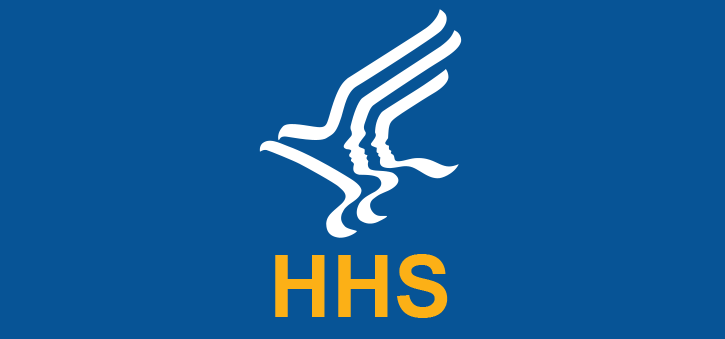HHS Awards $100 Million to Hospitals, Steps Back from Mandatory Bundles
A week after proposing to cancel the expansion of bundled payments, HHS awarded grants to over 1,000 US hospitals for improving value.

The US Department of Health and Human Services has issued more than $100 million in grants to 1,333 US health systems across all 50 states and 8 sovereign states and territories.
“Americans deserve a healthcare system that’s affordable, accessible, of the highest quality, with ample choices, driven by world-leading innovations, and responsive to the needs of the individual patient," said US Secretary of Health and Human Services (HHS) Tom Price in a statement. "Supporting health centers across the country helps to achieve that mission.”
The most and least populous states received, respectively, the most and least grant money — California hospitals received over $15 million, whereas Wyoming health systems received just over $150,000 combined. The breakdowns weren’t proportional to population, however. Nearly twice as many people live in Wyoming’s northern neighbor, Montana, but health systems in that state received roughly 6 times more grant money. Most of the territories received tens of thousands, while Puerto Rican health systems reaped $1.4 million.
The HHS refers to the grants as an investment in quality improvement that hospitals can use to “further improve the quality, efficiency, and effectiveness” of the care they deliver. They were issued to hospitals deemed to have made strides in various categories including “Improving Quality of Care,” “Increasing Access to Care,” and “Enhancing Delivery of High Value Health Care.”
While the awards center on value, they follow news that the HHS may be stepping back from an Obama-era push towards mandatory value-based care models. Late last week, the Department submitted a proposal to the Office of Budget and Management, titled “Cancellation of Advancing Care Coordination through Episode Payment and Cardiac Rehabilitation Incentive Payment Models, Changes to Comprehensive Care for Joint Replacement Payment Model.”
Tom Price has been a critic of bundled payment models. According to Kaiser Health News, as a Senator last year he wrote a letter to the Centers for Medicare and Medicaid Services (CMS) in which he called out bundled payment initiatives for “experimenting with Americans’ health” and expressed concerns that such efforts take decisions out of the hands of patients and doctors.
Many believe bundled payment rules are important for a successful departure from fee-for-service models. With MACRA’s penalties taking effect in 2019, hospitals are increasingly concerned with finding ways to improve value across the board.
The programs at hand, originally proposed last December, were intended to move bundled payments beyond joint replacements. The rules would hold hospitals accountable for cost of care and readmissions that Medicare patients received in the 90 days following discharge for heart attacks and bypass surgeries. They originally would have taken effect on July 1st, but two consecutive 3-month delays pushed their effective date back to January 2018.
Children’s hospitals face complex challenges dealing with disasters
April 18th 2025Pediatric hospitals deal with different factors in weather-related events and other emergencies. Terri Wilson of the Children’s Hospital Association talks about the challenges and the need for more planning and support.
Telehealth faces a looming deadline in Washington | Healthy Bottom Line podcast
February 12th 2025Once again, the clock is ticking on waivers for telemedicine and hospital-at-home programs. Kyle Zebley of the American Telemedicine Association talks about the push on Congress and the White House.